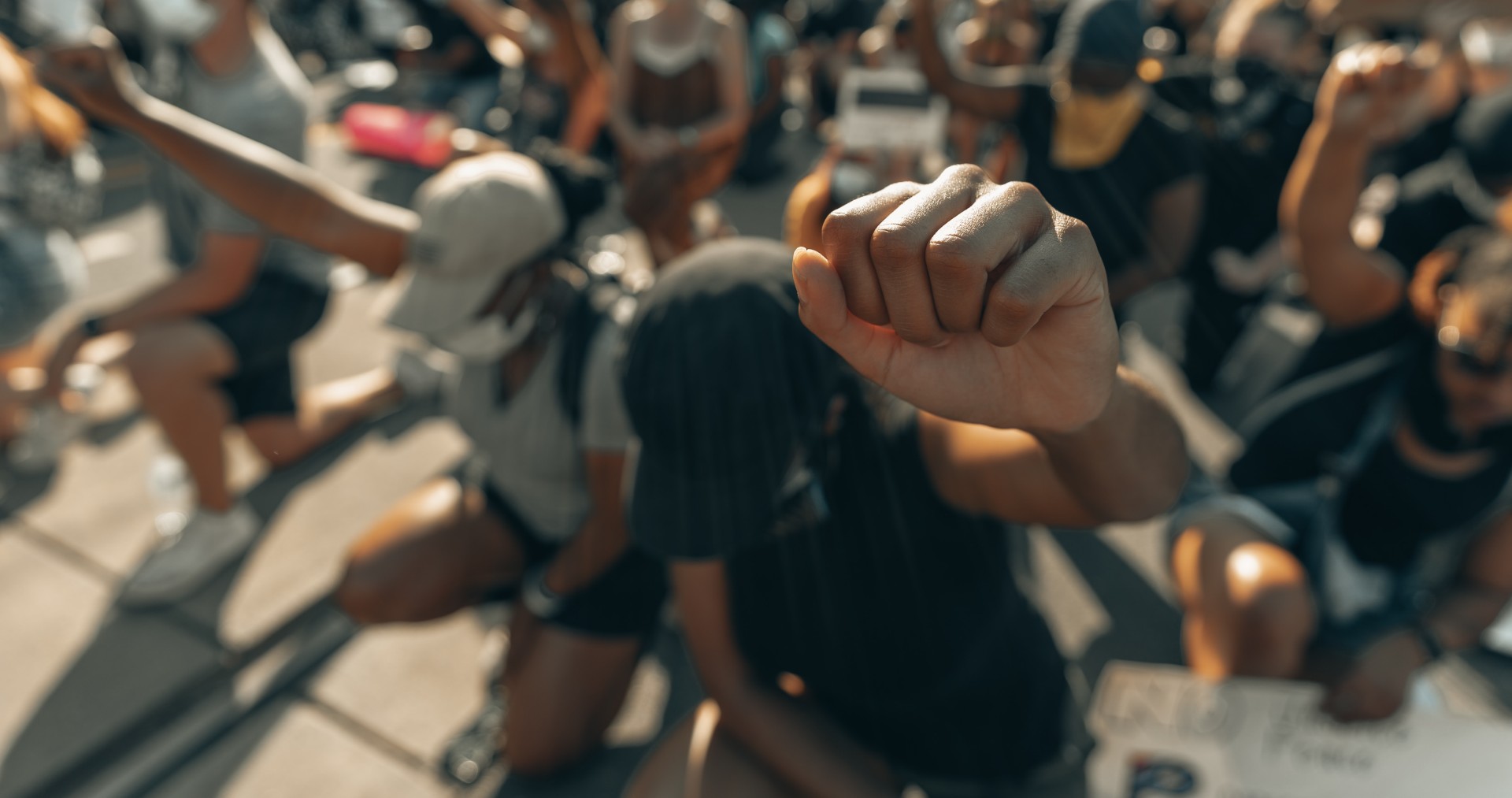Our legislative advocacy includes drafting public policy, recruiting and partnering with elected officials to sponsor criminal justice reform legislation, and organizing advocacy days at state capitols. During the advocacy days at the state capitols, we host rallies and press conferences to raise awareness and build momentum for the legislation. We also provide advocacy training workshops to teach the volunteer movement how to effectively advocate for our legislative priorities. And we organize and host meetings with our volunteer movement and the elected officials to get our legislative priorities passed. See a list of some of the legislation in our portfolio we are currently advocating for:
The SMART Act
The SMART Act stands for Stopping Malevolent Altercations Regarding Traffic Stops. It would relieve police officers from the duty of stopping cars for petty traffic violations. While these low-level offenses will no longer put drivers at risk of deadly interactions with law enforcement, drivers can still be held accountable by receiving a ticket on their windshield or in the mail.
Clean Slate
Clean slate policies protect people from being defined by their mistakes and allow them to contribute to their community, provide for their families, and receive an education. The Texas Legislature passed a Clean Slate bill (HB 1737) out of the House during the 2023 Regular Legislative Session. However, the legislation died in the Senate. HB 1737 would have entitled a person to an automatic order of nondisclosure of criminal history if the person successfully completed a period of deferred adjudication community supervision.
Prison Safety Initiative
At least 135 people died in Texas prisons during a historic global heatwave between June 1 and August 12. McCullough, J. (2023b) found that more than two-thirds of Texas’ 100 prisons don’t have air conditioning in most living areas. Every summer, thousands of officers and tens of thousands of prisoners work and live inside concrete and steel buildings without ventilation. The Journal of the American Medical Association published a study stating that 271 people incarcerated died in Texas prisons between 2001 and 2019, likely due to heat-related illnesses and a lack of air conditioning. That prison death rate is 30 times the national average.[1]
The Texas House of Representatives allocated $545 million to install HVAC systems in Texas detention facilities. However, the Texas Senate did not, and the conference committee stripped the funds from the state budget during the reconciliation process. During this process, the House and Senate must agree on a budget to send to the Governor’s desk.
No one deserves to be baked alive. We strongly urge the Texas Legislature to end the unbearable and inhumane suffering by fully funding the installation of heating, ventilation, and air conditioning (HVAC) in all Texas detention facilities.
Second Look Act
Texas has the harshest parole laws for juveniles in the nation, imprisoning youth without the possibility of parole for 40 years. Many teens in Texas are convicted through the Law of Parties, meaning they were merely an accessory and did not commit the actual crime. Studies show that recidivism rates for these juvenile offenders are low.[2] In Texas, Black youth are 4.7 times more likely to be incarcerated than white youth. And the disparity is getting worse, seeing a five percent increase from 2015 – 2019.
The Second Look Act allows some who committed crimes as teenagers that courts tried as adults to be considered for parole sooner. The bill would give youth offenders convicted of certain offenses a second look for parole at 20 or 30 years instead of 40.
This legislation passed both chambers of the legislature before Texas Governor Gregg Abbott vetoed it in 2021. After addressing the Governor’s issues, community stakeholders and bipartisan Legislators reintroduced the Second Look Act in 2023. The bill passed the House with bipartisan support but died towards the end of the 2023 session due to the freshman senate sponsor of the bill not being familiar with the bill’s language during a Senate committee hearing.
[1] McCullough, J. (2023b) Prisoners’ relatives and former inmates plead for help as deaths Mount in sweltering Texas prisons, The Texas Tribune. Available at: https://www.texastribune.org/2023/07/18/texas-prisons-heat-deaths/ (Accessed: 10 October 2023).
[2] Pressley, N. (2022) Second look in Texas, Right On Crime. Available at: https://rightoncrime.com/second-look-in-texas/ (Accessed: 14 December 2023).
Cannabis Equity
To address the historical wrongdoing of the war on drugs and the senseless impact the policy has had on Black and Brown communities, the National Urban League has taken a pragmatic approach to understanding Cannabis policy, outlined in our Equitable Cannabis Legislative Policy Position Statement. Our position is simple: for our communities to achieve true equity, inclusion, and justice, we must address discriminatory practices at their root.
As such, the position calls for the establishment of social equity and community reinvestment programs, immediate expungement for those with non-violent drug offenses, the institutionalization of workforce development programs in areas hit hardest by the war on drugs, and pipeline entrepreneurship programs for Black and Brown people interested in cannabis–related business.


